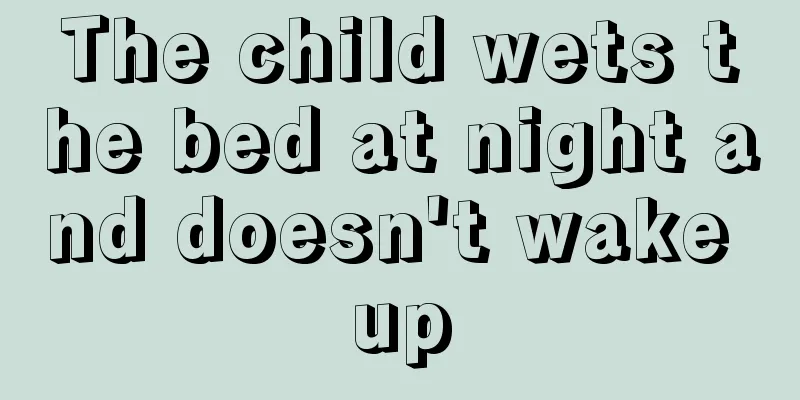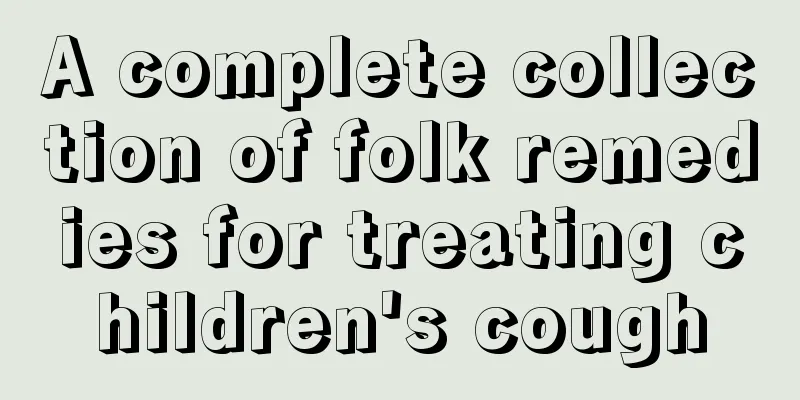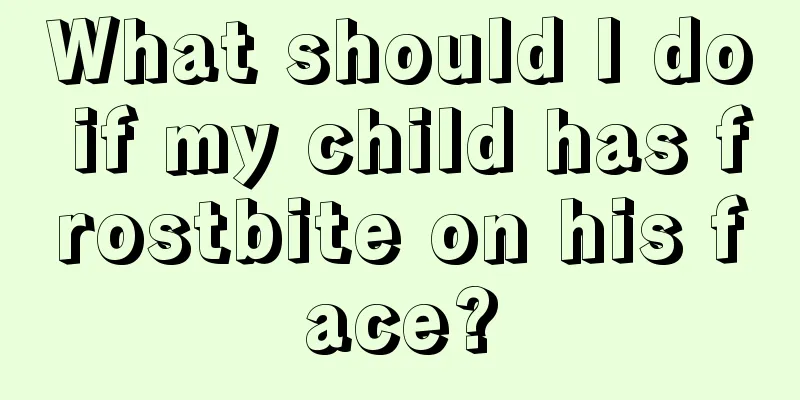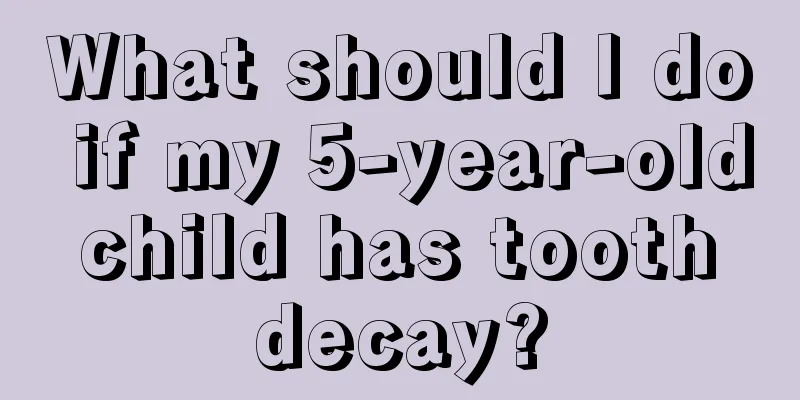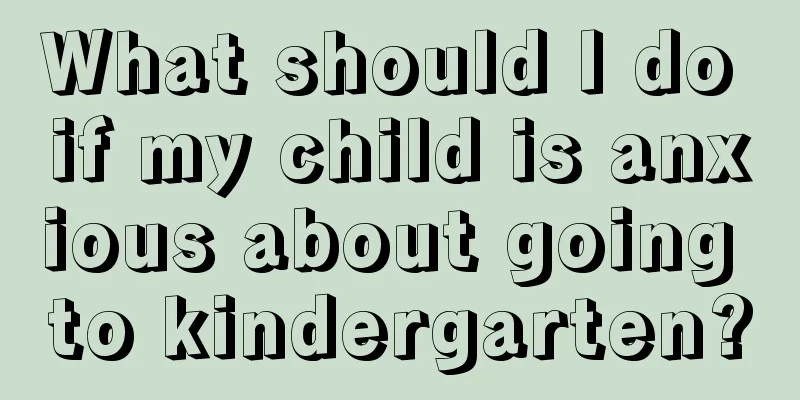What to do if your child has depression tendencies
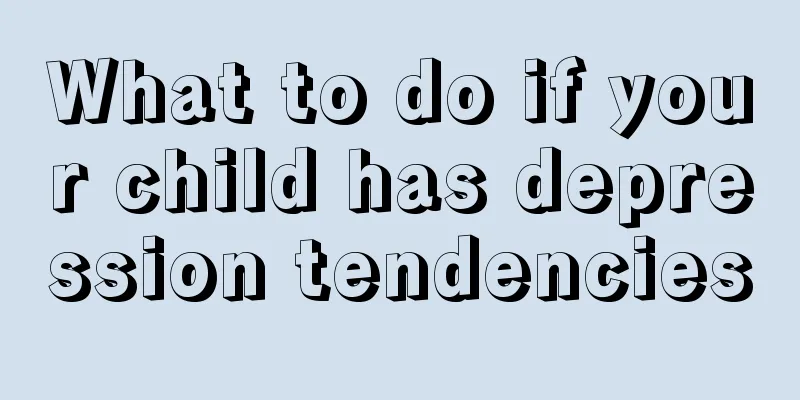
|
We all know that in the process of children's healthy growth and development, they need the company and love of their parents. Parents should not only spend more time with their children, but also not always speak ill of them or beat them, otherwise it is likely to cause depression in children. The most obvious manifestation of depression in children is that their personality will change suddenly, and they will be particularly afraid. So, what should parents do if their children have a tendency to depression? For example, a child may have a sudden change in personality or behavior, or may be overly sleepy or suffer from insomnia at night. Children with early-stage depression may even ask their parents for help. If parents can identify it in time, childhood depression can be treated promptly.Symptoms of depression in children: Although all children will feel sad or go through some low periods. However, children with depression often have bad moods that last for weeks or months. Symptoms: During this time, they often find school a struggle, become isolated, distance themselves from their friends, constantly cause trouble at home, and become sensitive, sad, and irritable. In fact, children with depression are often confused about their emotions like their parents. They are unable to accurately describe their true feelings, so they may begin to complain about stomachaches, exaggerate their fears, feel bored, lack energy, and even talk about death. Quickly determine whether your child has depression If your child has five or more symptoms and these symptoms have lasted for more than two weeks, then your child may have depression: ●Irritable, irritable, and mood swings without any reason;●No interest in meeting friends or participating in fun activities; ●Always complaining about stomachache or headache; this symptom may be a physical reaction of the child, or it may be an excuse for the child to avoid going to school or socializing. Weight loss; ● Increased sleepiness; ●Decreasing performance in school; ● Start talking about running away from home; ● Always listless, always complaining about being too tired or too bored, lacking self-confidence, discussing suicide, and becoming indifferent to favorite things. Special attention should be paid to: Sudden changes in children's behavior. Children do not have the ability to fully express complex emotional experiences in words like adults. Therefore, abnormal changes in behavior become an important diagnostic criterion for childhood depression. Sudden personality changes: When an extroverted and optimistic child suddenly becomes silent, inferior, introverted, and withdrawn; or when a quiet and polite child suddenly becomes impatient, easily excited, rude, and often has oppositional emotions with parents and teachers, the possibility of depression should be considered.Sudden learning change: When a student who has always had excellent grades and is diligent and studious suddenly has learning difficulties, decreased attention and memory, is unable to concentrate in class, has difficulty completing homework, has a sharp drop in grades, and becomes self-destructive, be sure to take them to see a psychologist for timely diagnosis and treatment. Insomnia: Children generally rarely suffer from insomnia. However, if a child suffers from insomnia, night terrors, nightmares, tossing and turning in sleep, and the symptoms last for several months, and the child is listless during the day, then one should be alert to the possibility of depression. Special attention 2: The manifestations of depression in children are different from those in adults. Compared with adults, children often do not know how to express their depression, and vent their "unhappiness" in a child's way. Children with depression generally have two forms of expression: extroverted symptoms and introverted symptoms. The former is an "unstable state" characterized by throwing things, losing temper, and being irritable, which makes it difficult to associate it with "depression"; while the latter is not fond of communicating with others and staying in a daze alone, and if it is not taken seriously, it can easily be ignored. Pay special attention to the third: children's request for help Children in the early stages of depression will also seek help from people around them and express their depressed emotions. The survey shows that more than half of the children will ask their mothers for help, about 30% of the children will ask their fathers for help, followed by classmates and teachers. |
<<: The baby's teeth are coming out in the wrong order
>>: What should parents do if their children are depressed?
Recommend
3 month old baby breast milk indigestion symptoms
For all mothers, especially three-month-old babie...
What are the precautions for a 2-year-old baby to swim?
The climate is very hot in summer, so swimming be...
What is the saying about whether babies should use pillows?
We adults must use pillows when we sleep, because...
What should I do if children have nasal erosion?
If children have nasal erosion, it must be taken ...
What are the causes of bacterial infection and fever in babies?
Bacterial infection and fever in babies is a very...
What should I do if my child's teeth become loose?
It is the nature of children to be playful and ac...
What causes children to sweat a lot while sleeping?
Many careful parents always observe some subtle d...
Features of rheumatic heart disease in newborns
What is rheumatic heart disease in children? I be...
Neonatal aspiration of amniotic fluid and meconium
If a newborn inhales too much amniotic fluid or t...
How to protect teeth for children
Some parents think that children will have to cha...
What are the symptoms of autism in infancy?
In modern society, there are more and more childr...
Why does the baby cry before urinating or defecating?
Babies always cry before urinating or defecating,...
Why can't girls be spanked?
The brain tissue is located in the cranial cavity...
What are the advantages and disadvantages of drinking coffee for students?
Coffee is an imported drink, but because of its d...
What are the symptoms of mite allergy in children?
Children's skin is more sensitive than that o...
